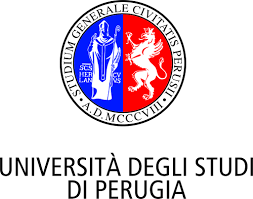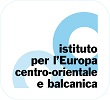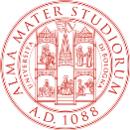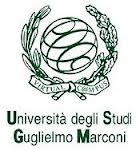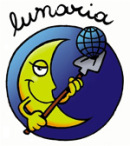Projects attached to the country Italy
Schola-un tutorat pour les éducateurs pour valoriser un bénévolat - 2016-2018
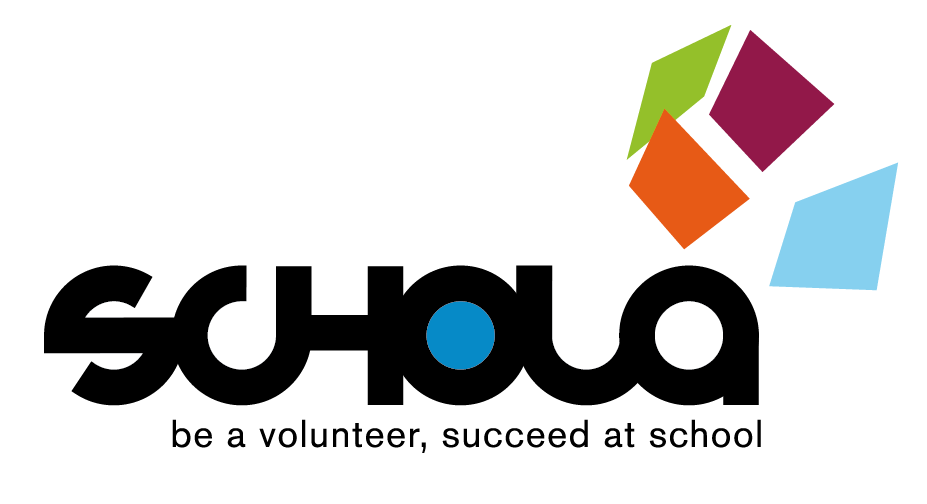

Initiated by the Collège Blaise Pascal (Massy, Essonne) together with riv conseil, the project Schola - selected during the call for proposals Erasmus + 2016- gathers a European team in France, Belgium (Karel De Grote Hogeschool, Anvers), Italy (Universita degli Studi di Perugia, Pérouse), Slovenia (ZRC-SAZU), and Poland (University of Jagiellonski, Cracow). The Schola project aims at offering new approaches to strengthen the education and training paths of prospective and practicing educators/youth workers ; equipping them with all competences and skills needed to deliver high quality services and address increasingly diverse needs e.g those posed by multicultural societies. It is an innovative project aiming to reduce disparities in learning outcomes affecting learners from disadvantaged backgrounds/with fewer opportunities.
The Schola project addresses mainly educators in the broad sense- professionals and volunteers working with youngsters facing difficulties at school or already drop outs living considered as learners from disadvantaged backgrounds. Its aims and objectives are: to acquire knowledge on the reasons for an early school leaving (ESL) and the strategies offered to struggle against it, both on national and European levels ; to motivate mentors – teachers and professionals in association - by understanding the role they play in the educative community through extra-school activities ; to learn to learn on insisting on the key competences (EU, 2006) and the different types of learning (formal, non-formal, informal - Copenhagen process) and the combination between volunteers and professionals in the field ; to explain the benefits of alternative pedagogical strategies, in complement to school, on the basis of a voluntary experience (cf SAS project).
Di&Di- promouvoir la diversité en luttant contre les discriminations - 2013-2015

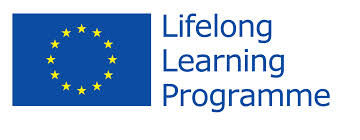
The Di&Di project aims at proposing a tool and strategy for two specific target groups: qualified youngsters with migratory background and low qualified women also with a migratory background. It will propose a tool & mentoring that should allow them to take into account their special needs, to value their route, to define their professional profile on the basis of positive choices (and not being assigned to specific jobs). Albeit their profiles might be different the difficulties on the labour markets are quite similar. The Di & Di project should enhance exchange of experiences between youngsters and women in order for them to build their professional future. The youngsters may transfer knowledge and specific competences; women will transfer their experience and other competences.
The main innovation of the Di & Di project is : to address directly people with a migratory heritage to support them on the labour market focussing on two specific target groups (qualified youngsters and low qualified women); to propose a tailor made training to these special target in order to make them think of a professional future ; identify skills and competences ; open their perspectives for employment or new professional career, with a special view to enhance their creative and spirit of entrepreneurship competences ; to propose a mentoring, a collaborative method meant to enhance the exchange of experiences and competences among two target groups with different profiles (qualified youngsters & low qualified women)
Success at school – SAS - 2012-2014
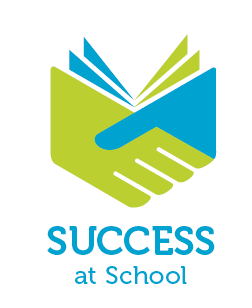
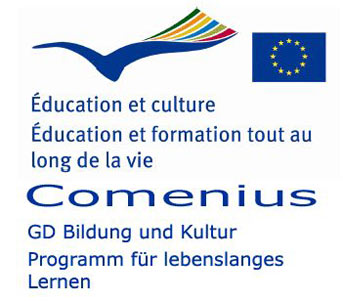
Initiated by iriv together with the University of Northampton, this project is financed under the Lifelong Learning Programme, Sub-programme Comenius. The main aim of the Comenius project « Success at School through Volunteering » is to propose to youngsters living in difficult areas a pedagogical approach to enhance a voluntary involvement to succeed at school. The project gathers six countries : France, Bulgaria, Italy, Portugal, United Kingdom and Slovenia. This project was awarded first place in the selection 2012 of the Comenius projects. It is offering a training programme to youngsters facing difficulties at school based on volunteering ; it will value this experience in the spirit of the Vaeb project.
At the 2000 European Council in Lisbon, the Union defined the dimension of the school failure problem as : “The number of 18 to 24 years old youngsters with only lower-secondary level education who are not in further education and training”. An EU benchmark was set, that the proportion of early school leavers should not be more than 10% by 2010 (European Commission, 2006). By 2006 only six of the twenty seven Member States had met this benchmark. The average early school leaving statistic in the remaining twenty-one countries is 18%. This is nearly the double the benchmark to be reached by 2010-“ a real challenged” underlined the European Expert Network on Economics of Education (EENEE) under the direction of George Psacharopoulos (The costs of School Failure – A Fesaibility Study, June 2007). The situation is different from one country to another : in 2007, the proportion of youngsters 18-24 years having left early school was 39,2% for Portugal, 18% in Bulgaria ;13,1% in France and 13% in the UK and 5,2% in Slovenia.
VA2EL- Valoriser les acquis des élus locaux - 2008-2010

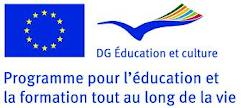
Initiated by iriv together with the National Institute for Local Development under the "Lifelong learning" programme (call for proposal 2008), under the Leonardo da Vinci programme, the project is meant to identify, evaluate and validate skills and qualifications acquired by local coucnillors as an informal learning for a professional purpose". Six countries have been selected : France, Austria, Greece, Italy, Lithaunia and Poland. This is a transfer of innovation of former LdV project initiated and directed by Iriv (www.eEuropeassociations.net.) This project is supported by the European programme Leonardo da Vinci.
VPL2- Valoriser les acquis de l'expérience en Europe - 2005-2007

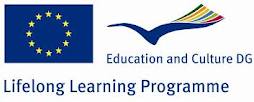
A European project initated by the Han University , supported by the European Commission under the Leonardo da Vinci Programme. Eleven countries involved : the Netherlands, Cyprus, Czech Republic, Germany, France, Ireland, Italy , Lithuania , Norway and the United Kingdom. Here is the website : www.vpl4.eu. iriv's contribution consisted in presenting the Vaeb project and the two French projects linked to it, Vaeb Aria and Vaeb in Brittany.
Vision 21 - 2004-2006


Initiated by a Polish Institute, the IRSS, this European project under the Grundtvig programme means to tackle social inclusion in the 21st Century thanks to volunteering. Four countries are concerned : France, Italy, Poland and Spain. First, partners will hold meeetings at country level to pool local knowledge and prepare contributions to the main seminar. Then, representatives will hold a preparatory meeting in Warsaw to thrash out the programme of the main seminar. Next, the main international seminar on good practice in volunteer-aided social work will take place in Warsaw. In the second year partners will develop a new handbook for social workers on how to work with volunteers. The handbook will be drafted in English and subsequently translated into the languages of project participants. Another end product will be a web portal bringing together social workers and voluntary sector activists. The State of the art concerning the training proposed to volunteers in France was inspired by the one done for the Vaeb project.
Vaeb - 2003-2006
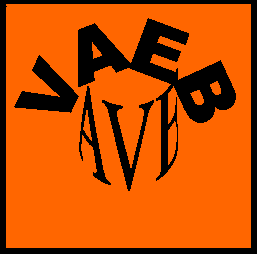


A l'initiative de l'Iriv, il réunit 14 partenaires dans 7 pays européens (France, Allemagne , Autriche , Hongrie , Italie , Pologne et Royaume-Uni). Il a été financé grâce à la Commission européenne (programme communautaire Leonardo da Vinci "Former et éduquer tout au long de la vie".) et avec un soutien du Conseil régional de Champagne Ardenne pour l'expérimentation en France.
Vaeb - 2003-2006



A l'initiative de l'Iriv, il réunit 14 partenaires dans 7 pays européens (France, Allemagne , Autriche , Hongrie , Italie , Pologne et Royaume-Uni). Il a été financé grâce à la Commission européenne (programme communautaire Leonardo da Vinci "Former et éduquer tout au long de la vie".) et avec un soutien du Conseil régional de Champagne Ardenne pour l'expérimentation en France.







